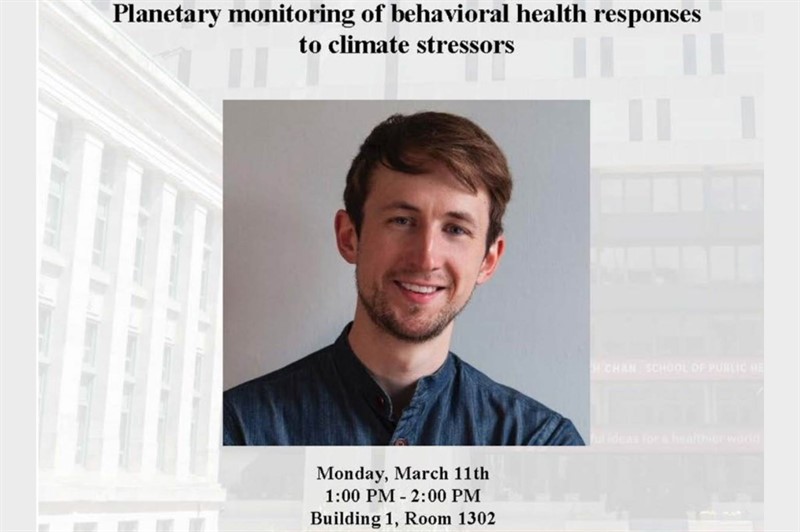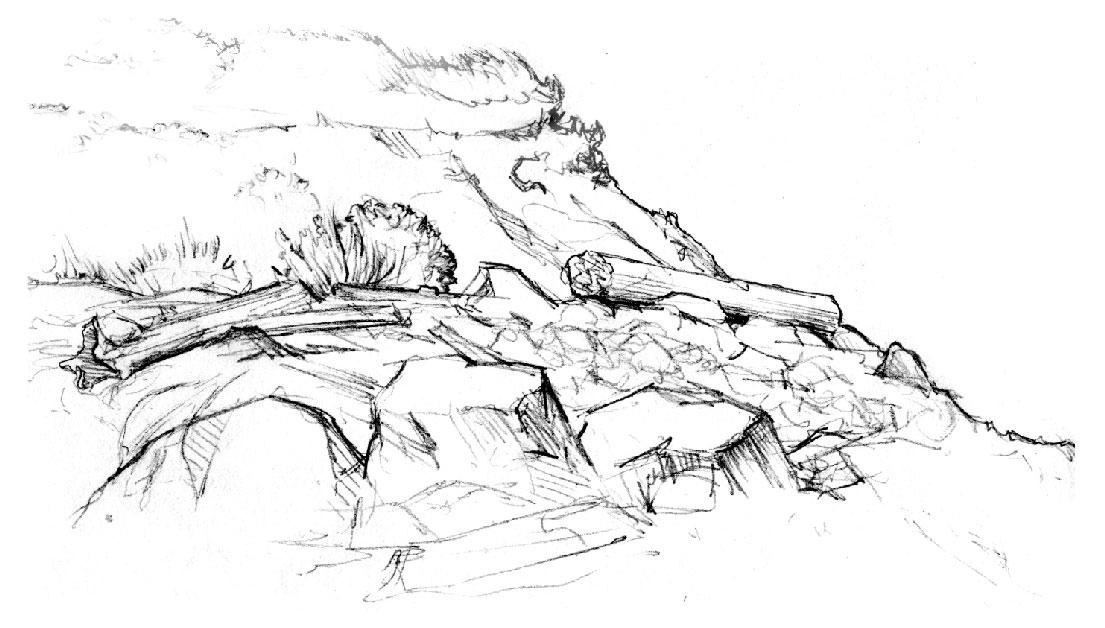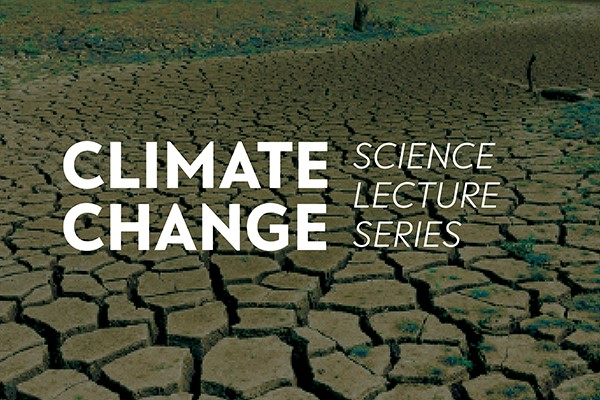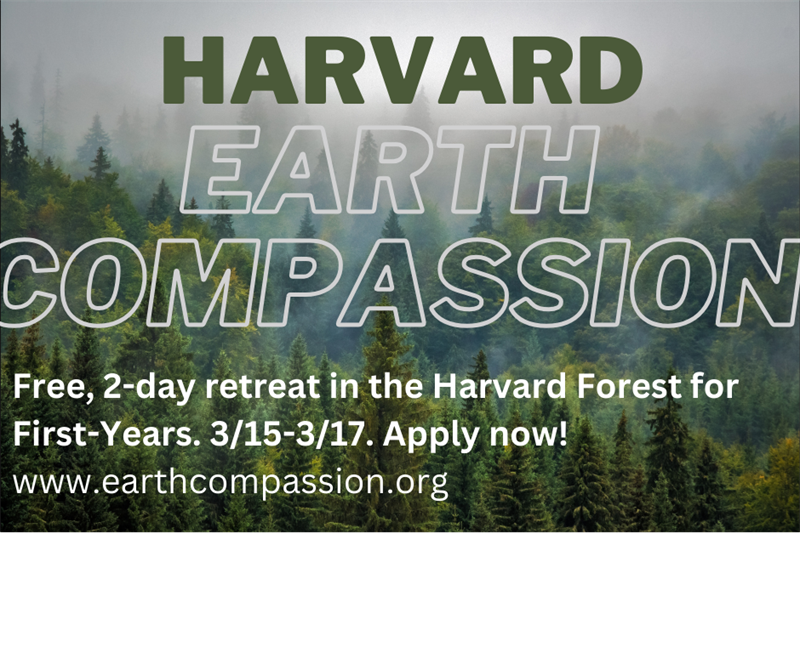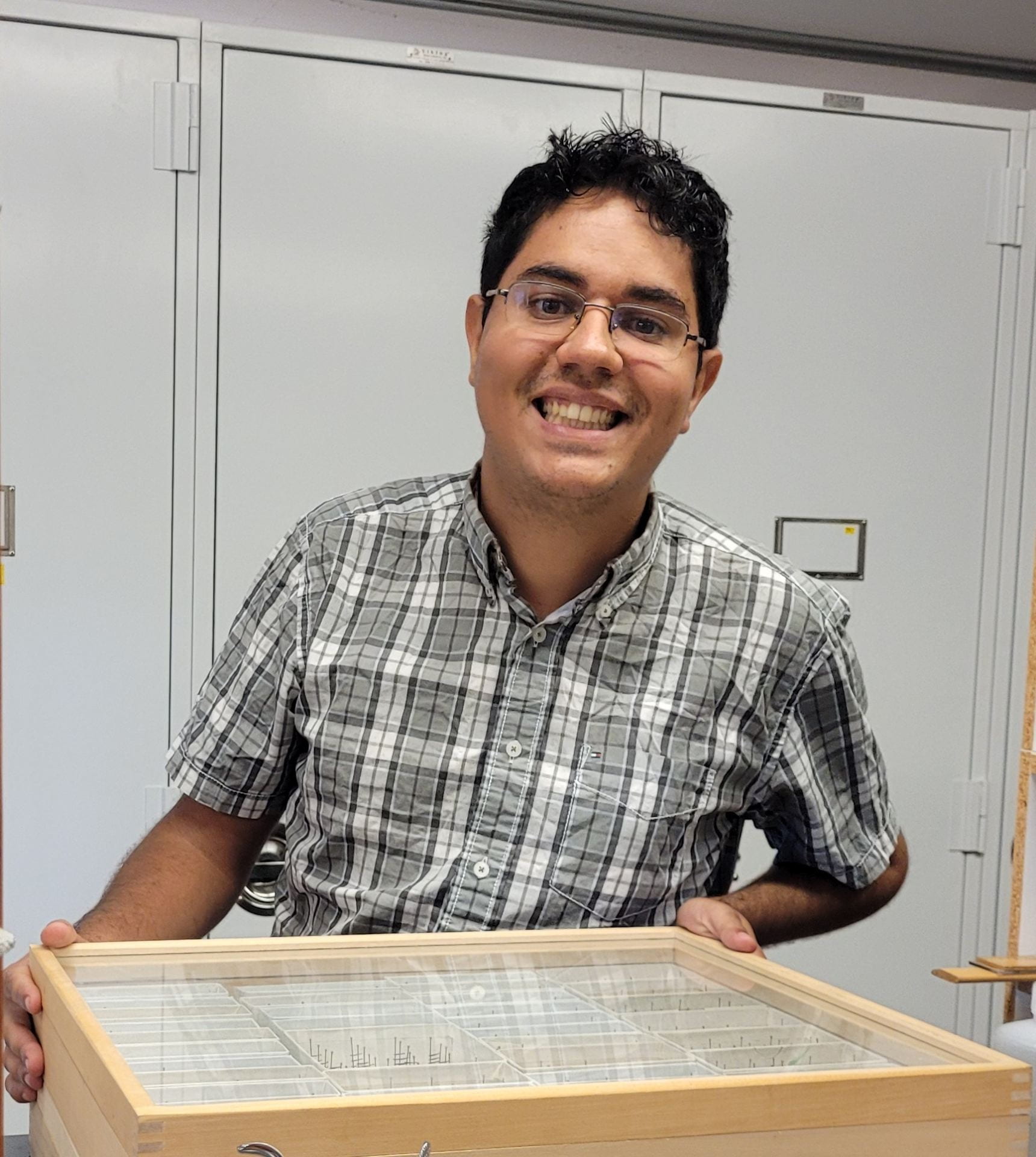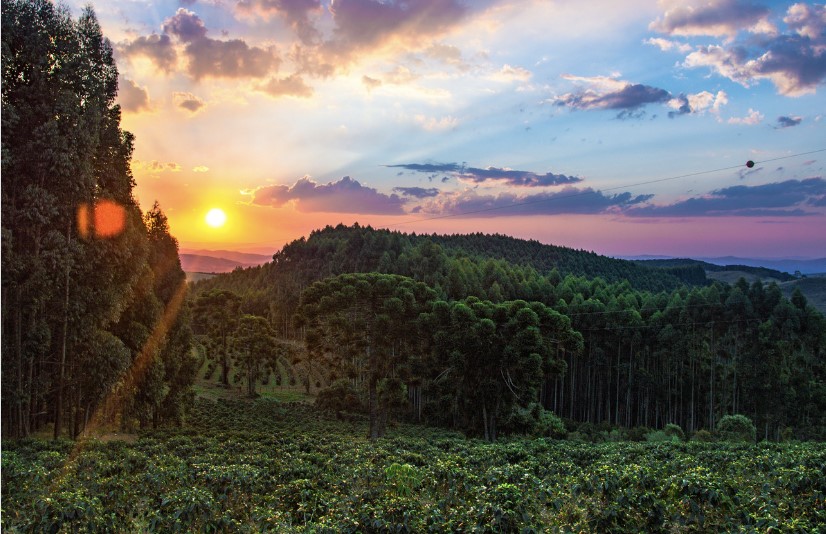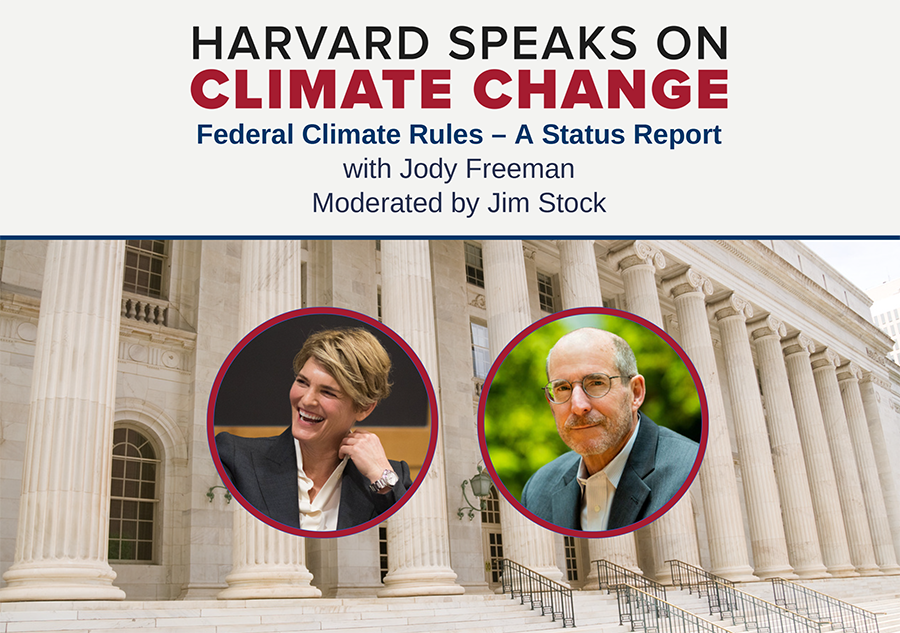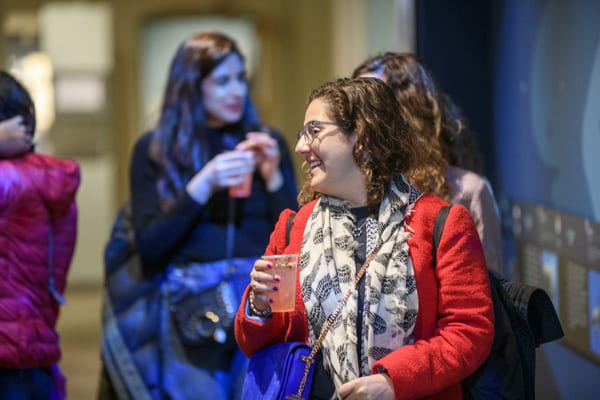Our most basic understanding of the origins of life was recently turned upside down when Greenlandic scientist Minik Rosing discovered the first traces of life on Earth in a small fjord near Isua, Greenland. His discovery predated all previous evidence by over 300 million years. Life began in Greenland. At the same time, its melting ice masses are disintegrating day-by-day, and scientists around the world agree that it could drown our entire civilization if it continues.
Director Ivalo Frank’s new film is a tribute to a vast, scenic country caught between two extremes: the beginning and the end of life on Earth as we know it. Frank’s film is anchored by an encounter with a group of children from the village of Kangaatsiaq who fall in love, form friendships, and struggle with loss and longing.
A Q&A with filmmaker Ivalo Frank and Sussi Adelholm, Head of School in Kangaatsiaq, Greenland, will follow the screening.
